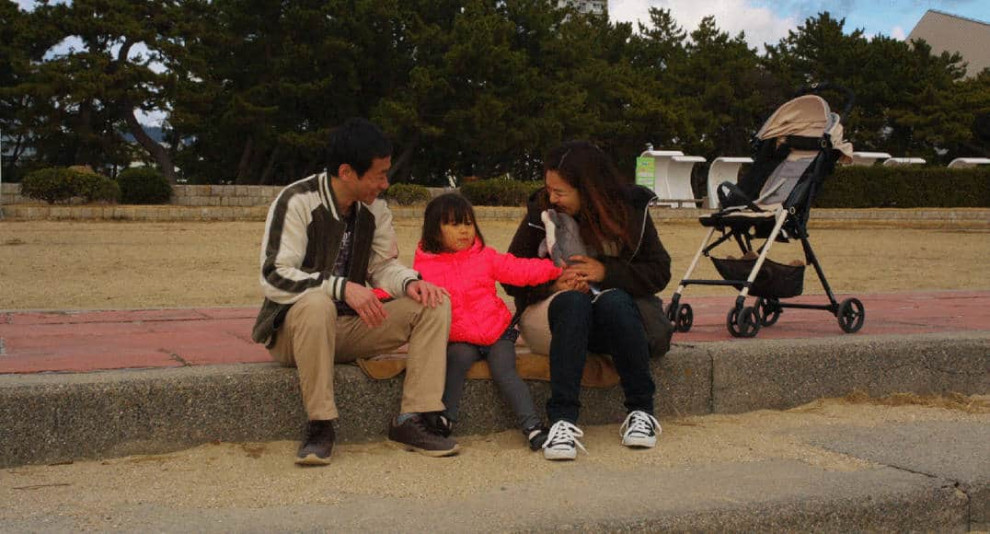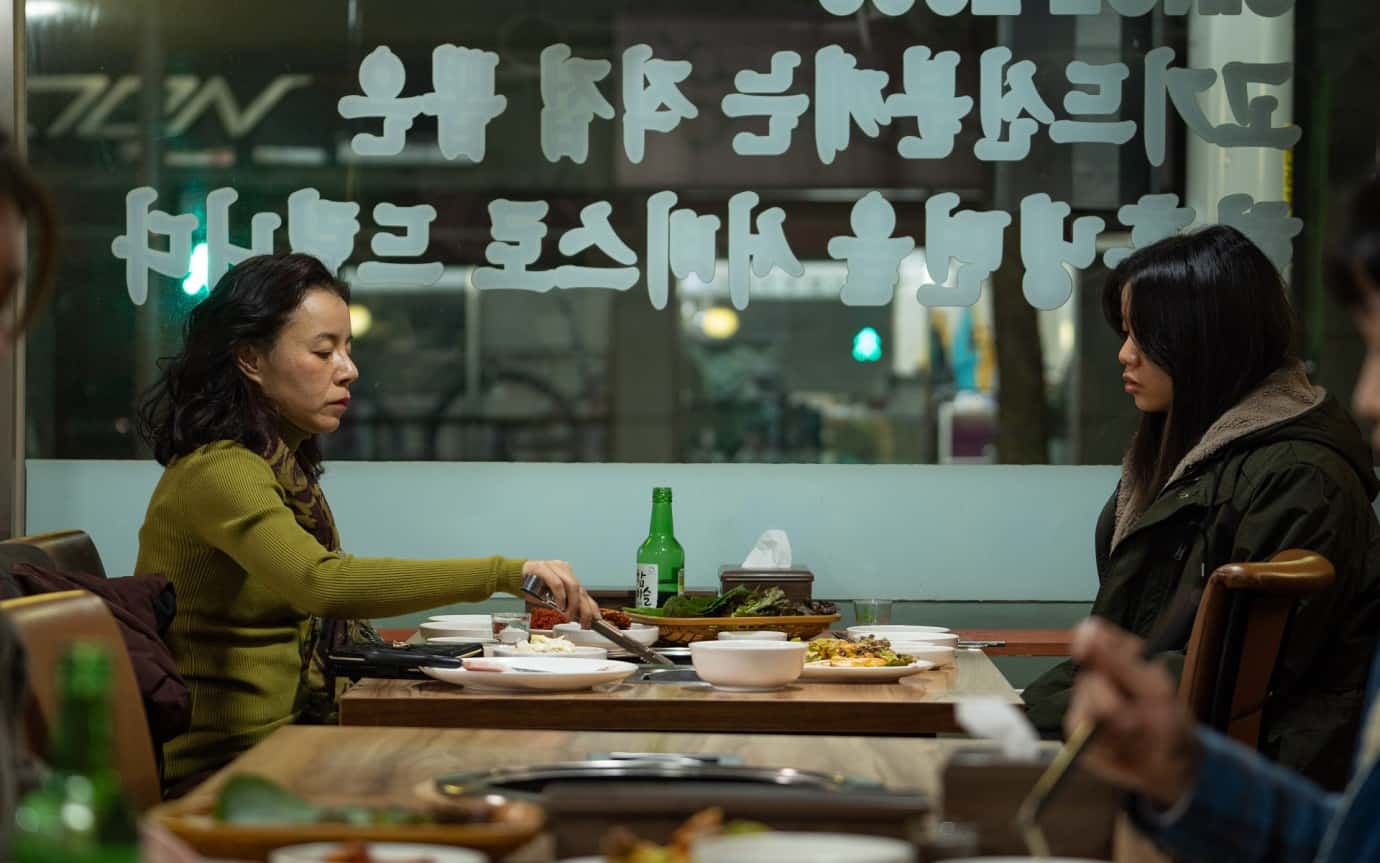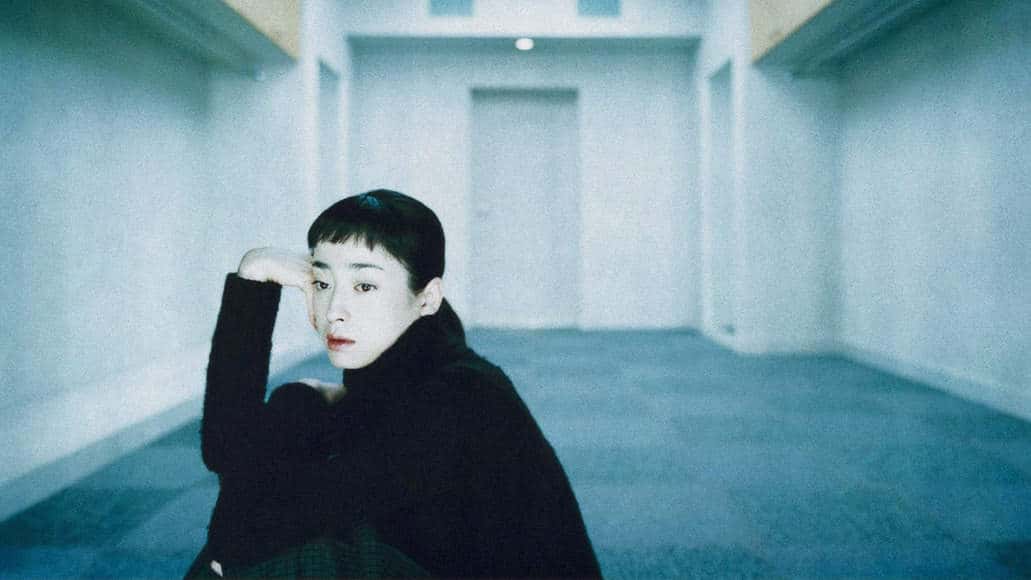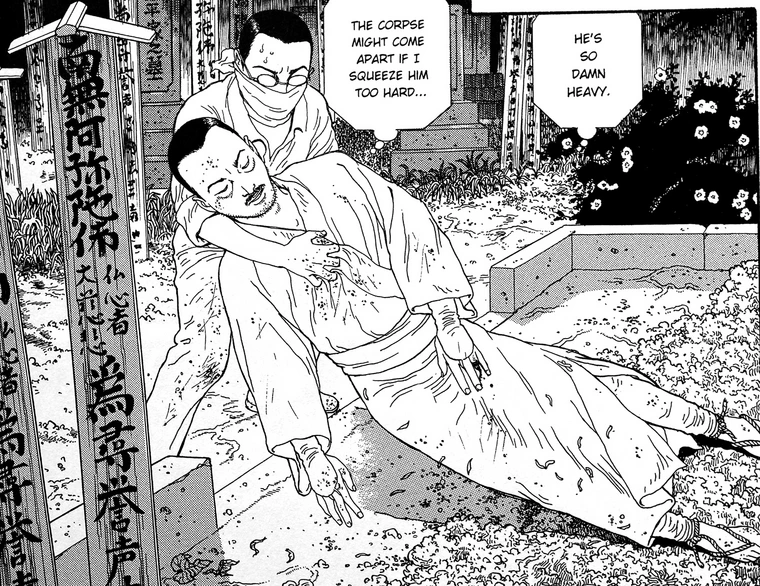In a movie industry like the Japanese, where the indie family dramas that follow the contemporary “rules” set up by Hirokazu Koreeda are in abundance, it is always a pleasure to come across titles that are completely different. “Reiko and the Dolphin” is one of those titles.
“Reiko and the Dolphin” is screening at Osaka Asian Film Festival

The story begins the day of the devastating earthquake in Kobe in 1995, where the story introduces us to a married couple, Ichiko and Tasuke, and their little daughter, Reiko, who loves dolphins. The three of them experience the earthquake quite differently, since Ichiko was having sex with another man in a hotel, while Tasuke was outside of their house, smoking. The tragedy however, hits their daughter, who is killed in her sleep, with the events leading the couple to divorce, and leaving them deeply traumatized. The rest of the story unfolds in time leaps forward, as we watch the two of them continuing living in the same neighborhood and frequenting the same places, something that creates a number of awkward situations. Reiko moves on romantically, but Tasuke does not seem to be able to, while the people around them intermingle in the most unexpected fashion. Eventually, though, tragedy hits both of them, although in vastly different ways.
Shinji Imaoka uses the earthquake as his base in order to present a film that works on a number of levels and makes a plethora of realistic social comments. The way people dealt with the catastrophe and the resulting trauma is not exactly evident, but Imaoka manages to let it linger all over the narrative, in essence providing an almost invisible base that affects, though, everything in the story. The half crazy Hiroshi is eventually revealed as one of the main mediums of this concept, in a highly surprising aspect of the film that is also quite impactful. Furthermore, Imaoka seems to state that time heals everything, in a comment that is one of the main factors that allow the film to avoid being (melo-) dramatic.
Apart from this, though, Imaoka also focuses on the lives of people who are rarely depicted on cinema, those whose actions have no impact apart among themselves, in the aspect that provides the permeating realism of the film. The fact that they spend their lives drinking, falling in love, having sex, not fulfilling their dreams or dramatically changing their lives may seem mundane in theory, but Imaoka's excellent direction manages to present a truly captivating narrative through just that. At the same time, their quirkiness is the main source of comedy in the film, in distinctly Japanese style.
The casting also helps the most in this approach, since the actors are by no means utterly attractive (at least by cinematic standards) but instead look like everyday people: they are obese, short, old and in general, have all those natural characteristics that are so rarely depicted on cinema. At the same time, Aki Takeda and Hidetoshi Kawaya's performances as Ichiko and Tasuke respectively are exceptional, in perfect resonance with the film's aesthetics.
This realism also extends to the cinematography, which follows the “unremarkable” characteristics of the overall narrative. The editing on the other hand, is quite unusual, with the flash forwards being a bit difficult to realize, at least in the beginning, although Imaoka always gives some small details that help in that regard. Once the viewer gets used to them, however, he/she will realize that they actually benefit the narrative, as they allow the story to move forward without any kind of unnecessary lagging, in another tactic that sets the film apart from similar efforts.
“Reiko and the Dolphin” presents a captivating and meaningful story, entails great characters, is funny and entertaining, and in general, provides a breath of fresh air in a category that frequently looks preterit.















